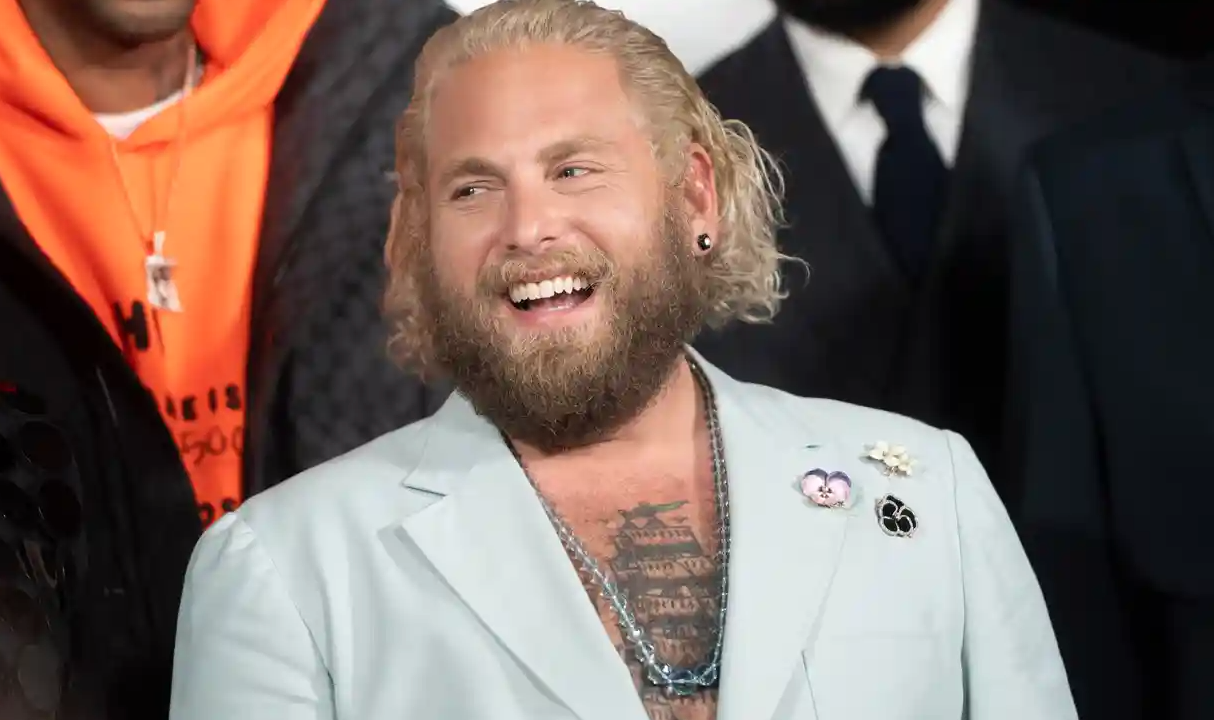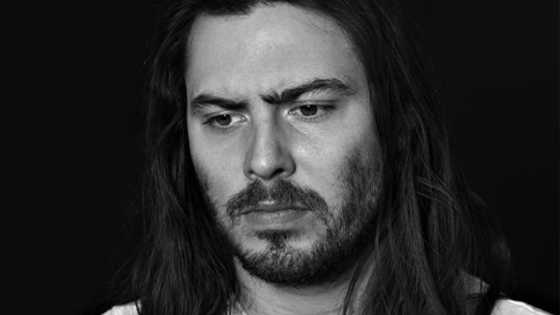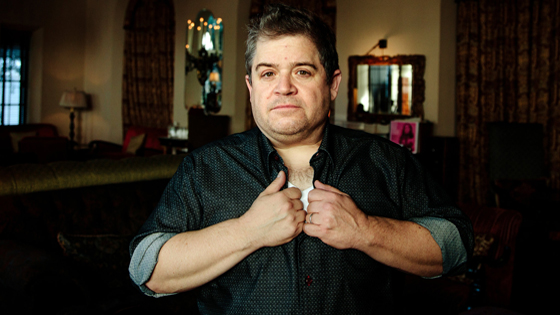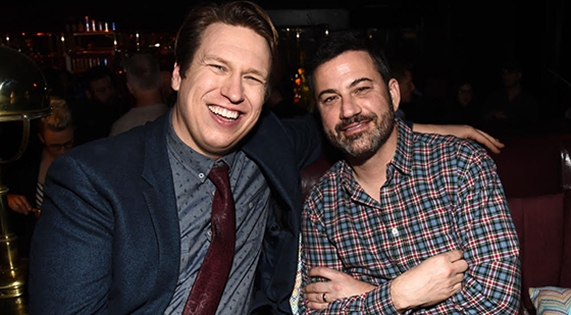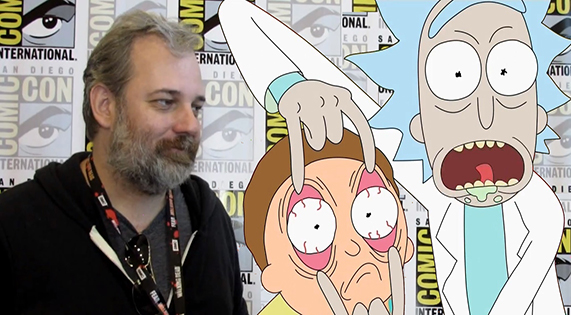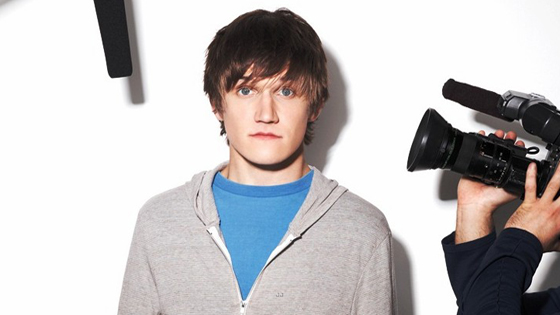Pop Culture and Therapy
In addition to various theoretical approaches, I believe that art and pop culture highlight themes that people resonate with in therapy and welcome the opportunity to integrate some of these unifying themes in our work together if that is something you possibly connect with.
Featured Articles and Interviews
Popular Science: “Feeling sad when your favorite show ends? It might be post-series depression.”
The concept of PSD gained traction on social media and in fan blogs in the mid-2010s. “It makes sense as a non-clinical way to describe a contemporary psychological phenomenon, which we’ve probably seen more during the Golden Age of TV,” says Chicago-based psychologist Brian Kong, citing Game of Thrones as a show with huge cultural influence.
Lifehacker: “How to Use Cartoons as a Healthy Escape”
A 2018 study in “media marathoning” (or binge-watching, in layman’s terms) confirms what many of us already know, that those “struggling with depression or anxiety were able to learn more about human relationships through media and to use media engagement experiences as springboards for communication.” Watching a fictional character go through something similar to you provides an outside perspective; and, for me, cartoons in particular foster catharsis in a nonthreatening and relatable way…
Huffington Post: “This Is Why You Grieve The Ending Of Your Favorite TV Show”
Mental health experts explain the sense of loss many fans feel. When a beloved TV series comes to a finish, it’s common to hear fans say they’re “grieving” the ending of a story they’ve watched and kept up with, sometimes for years. But what is the reasoning behind these intense, and often immediate, emotions…
MTV News: “Here’s Why You’re Fascinated By The Joker, Negan, And Other Villains”
An expert psychoanalysis of this year’s best villain nominations at the MTV Movies & TV Awards.
The concept of a "good villain" is inherently paradoxical. After all, a villain is a natural foil for the hero, a diabolical antagonist who operates in complete contrast to the good and moral protagonist. But there's something to be said for a captivating villain who can cast a shadow over an entire room.
Relationships and Break-Ups
A comedic look at how exercise can be used as a way to cope with a break-up.
A skit that illustrates common differences between partners when dealing with relationship issues.
A short film depicting how the avoidance and denial of one's pain can ultimately hinder one's recovery from a break-up.
A short film about the places, sounds and smells that remind you of someone you'd rather forget. It's the story of a guy who struggles to avoid these emotional landmines, and his journey to clear his head.
Guests of the Blocks podcast with Neal Brennan discuss sex addiction, and their respective paths to recovery.
Guests of the Blocks podcast with Neal Brennan discuss how their anxiety manifests.
Grief
A short film about Steve Fugate, a man dealing with the loss of his son by walking across the country.
Scott Aukerman, host of Comedy Bang Bang, discusses his conflicted feelings in mourning the loss of writer/comedian Harris Wittels.
A short film capturing the pain of losing a pet.
Guests of the Blocks podcast with Neal Brennan discuss death, grief, and managing loss.
Dealing with Emotion
Comedian Pete Holmes and Franciscan friar, Richard Rohr discuss the value of suffering.
Comedian, Louis CK discusses how smartphones obstruct us from dealing with emotion in a more healthy manner.
Vox contributor, Christophe Haubursin, explores smartphone addiction and how to curb it.
Marc Maron speaks to the value of empathy in relation to Louis C.K.'s allegations.
Comedian, Michelle Wolf discusses the value of acknowledging #IFeelaLittleBad.
Joe Rogan and Johann Hari talk about the lack of community in America, which is leading to an epidemic of loneliness.
A scene from the movie Inside Out that illustrates how acknowledging painful emotions can be helpful.
Donald Glover & SNL in a skit about therapy and resolving interpersonal issues with friends.
An in depth video discussing the origins of loneliness as well as how to deal with it.
Procrastination
James Hamblin, MD, briefly discusses how multitasking can be a distraction in of itself.
Confidence / Self-Acceptance
A scene from Tommy Boy, in which Tommy Callahan finds his confidence.
In his 2016 special, Make Happy, comedian Bo Burnham discusses the caveats of social media and living with an audience.
Author Simon Sinek explores the impact social media and technology have made on the mental health of the millennial generation.
Failure
2001 W North Ave, Chicago, IL 60647-5413 | 1-872-588-0220 | bkong.psyd@gmail.com







